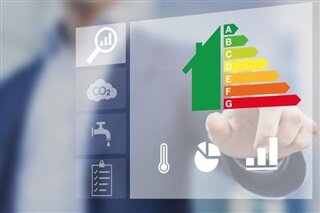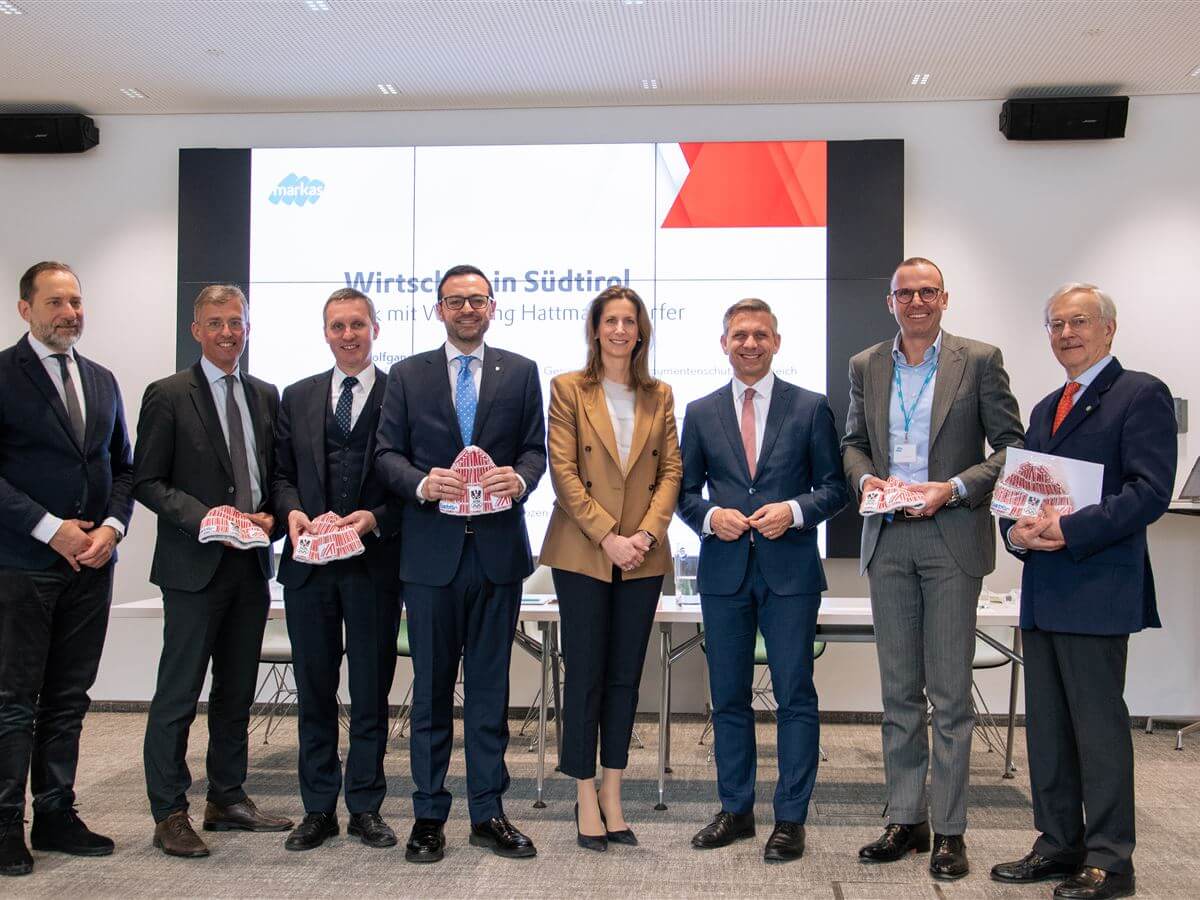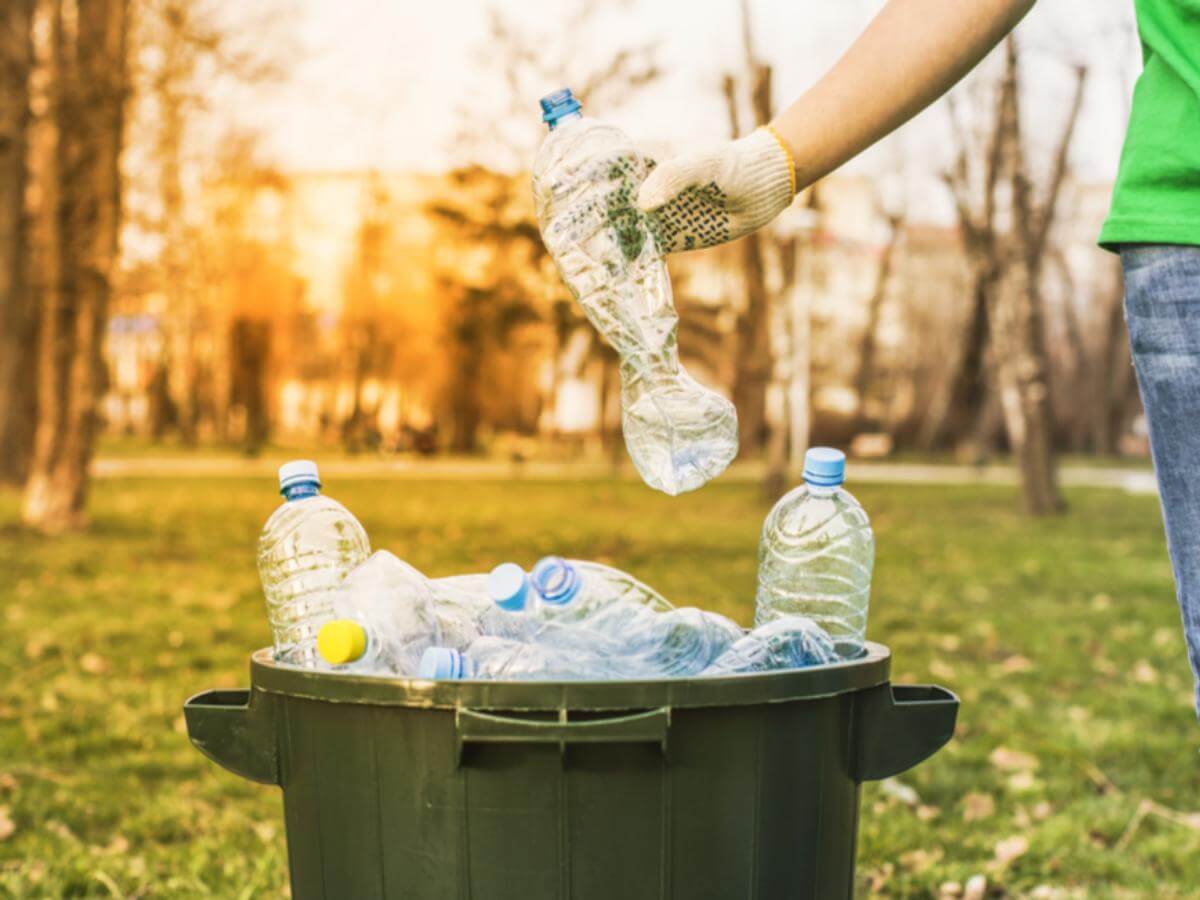
Energy price increase: what is the current situation and how has it evolved during the last months?
The multiservice industry, like other industries in the production sector, has been considerably affected by the increase in energy costs. And so has Markas.
Towards the end of summer 2021, we had already noticed certain market dynamics and an increase when it comes to energy costs, which we started monitoring. In particular, during contract renewals with our energy suppliers, we realized that prices had already visibly increased. This, of course, would mean a significant expense for the company.
The war in Ukraine, at the end of February 2022, further complicated matters. Being aware of the impact it could have on the company's financial performance, we began to monitor the development of the crisis even more closely.

Taking a closer look, which fields have suffered most when it comes to Markas?
When it comes to Markas, we have encountered difficulties where we deal directly with utility bills such as our various offices, for instance our headquarters in Bolzano, which is the most energy-consuming, as well as in some Food centers.
In connection with the latter, limited margins and higher management costs make the situation even more complex: in some cases the impact is so strong that investing in innovative, state-of-the-art equipment is not enough for reducing consumption and compensate for the cost increase.
Another sector that has suffered is the purchasing sector, where we saw cascading challenges: the rising energy prices resulted in an overall price increase, regardless the product category or supply chain. Consequently, most of the raw materials we use became more expensive.

How the future will look like and what action can Markas take against this energy crisis?
In order to face the rising energy prices efficiently, the issue must be analyzed from two different perspectives: price and quantity.
As far as price is concerned, of course, we, at Markas, cannot really influence it in any way since it is dictated by the market. However, when it comes to quantity, short-term, medium-term and long-term strategies can be adopted.
In fact, the idea is to asses energy expenditure through a forecasting model and, at the same time, invest in setting up an utility monitoring system. Analyzing, verifying and studying the energy expenditure of Markas, in offices as well as in clients’ locations, is crucial for understanding how to act in terms of savings.
However, this is not enough: adopting simple practices across cooking centers and raising awareness among cooks, contract managers and coordinators through training is also vital. Establishing everyday sustainable habits and behaviors can make all the difference in the world.
FIND OUT THE LATEST NEWS

Markas Strategy Day: Two events, one team!
Over 600 employees, more than 20 external speakers, and two special events marked a p...

Markas hosts Austrian Federal Minister: a dialogue on South Tyrol’s economy.
What does South Tyrol need today to become more competitive, more attractive, and bet...

Markas and Behavix: our effort to reduce food waste
At Markas, sustainability is a commitment that guides us every day, at every level:...

Employee initiative collects bottle deposit refunds for the “Haus der Frau”
Earlier this year, in a remarkable initiative, employees at Markas’ headquarters in...

Promoting workplace inclusion for people with disabilities in Pavia: Lorenzo’s Story
At Markas, we strongly believe that inclusion and diversity are core values.
T...

Gender violence and Whistleblowing: a shared commitment to a safe and respectful work environment
Gender violence is one of the most severe and persistent social and cultural issues...
